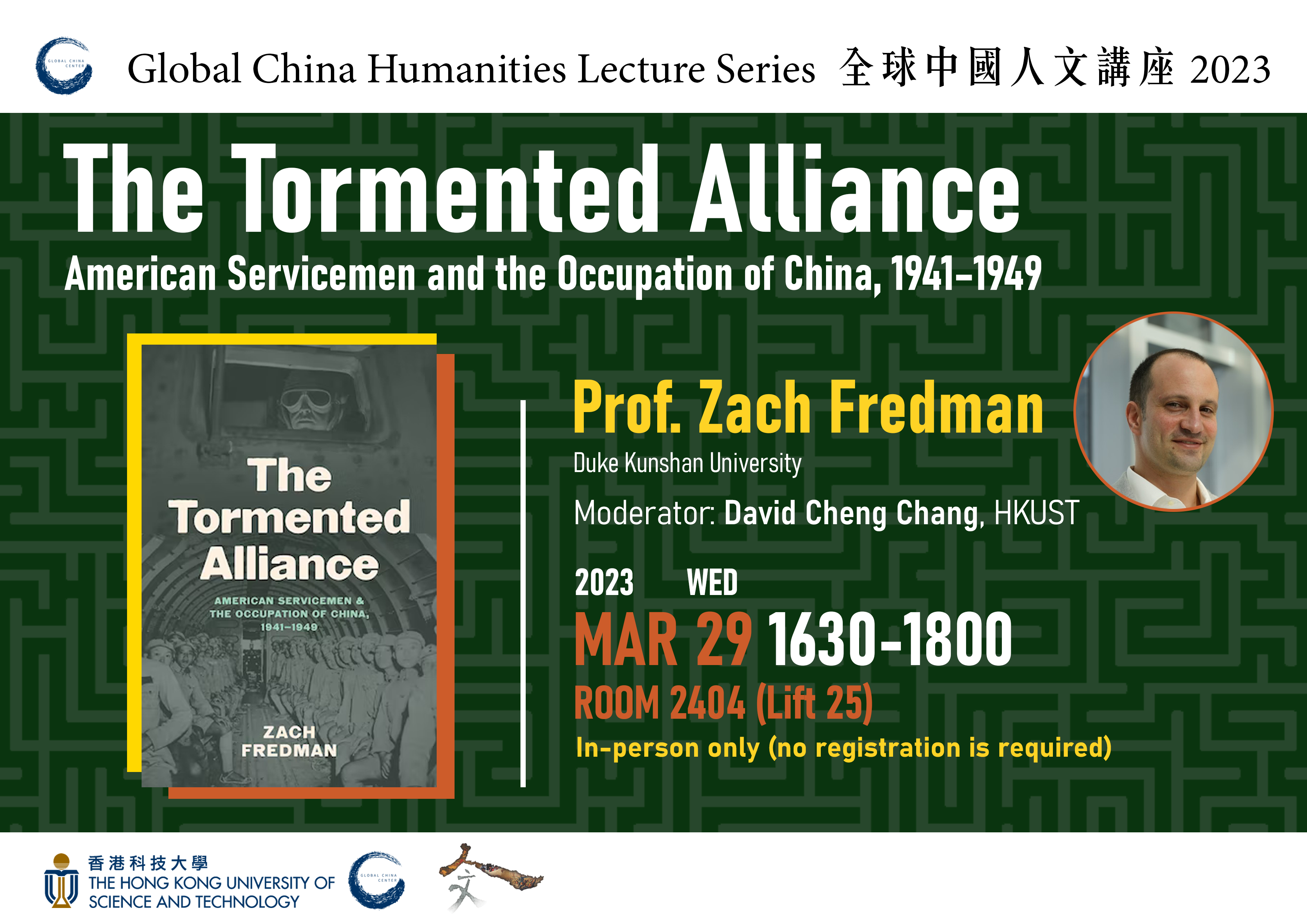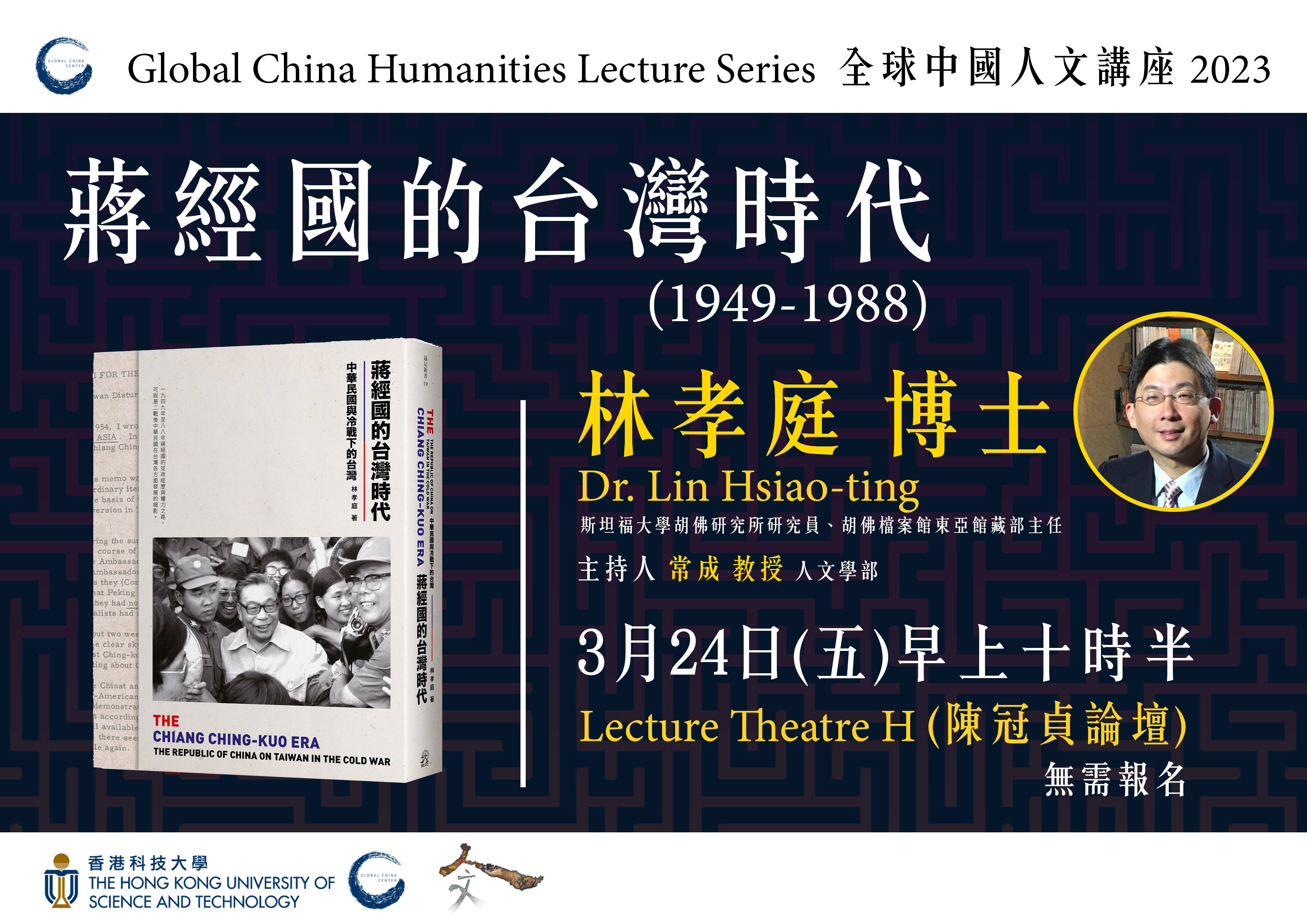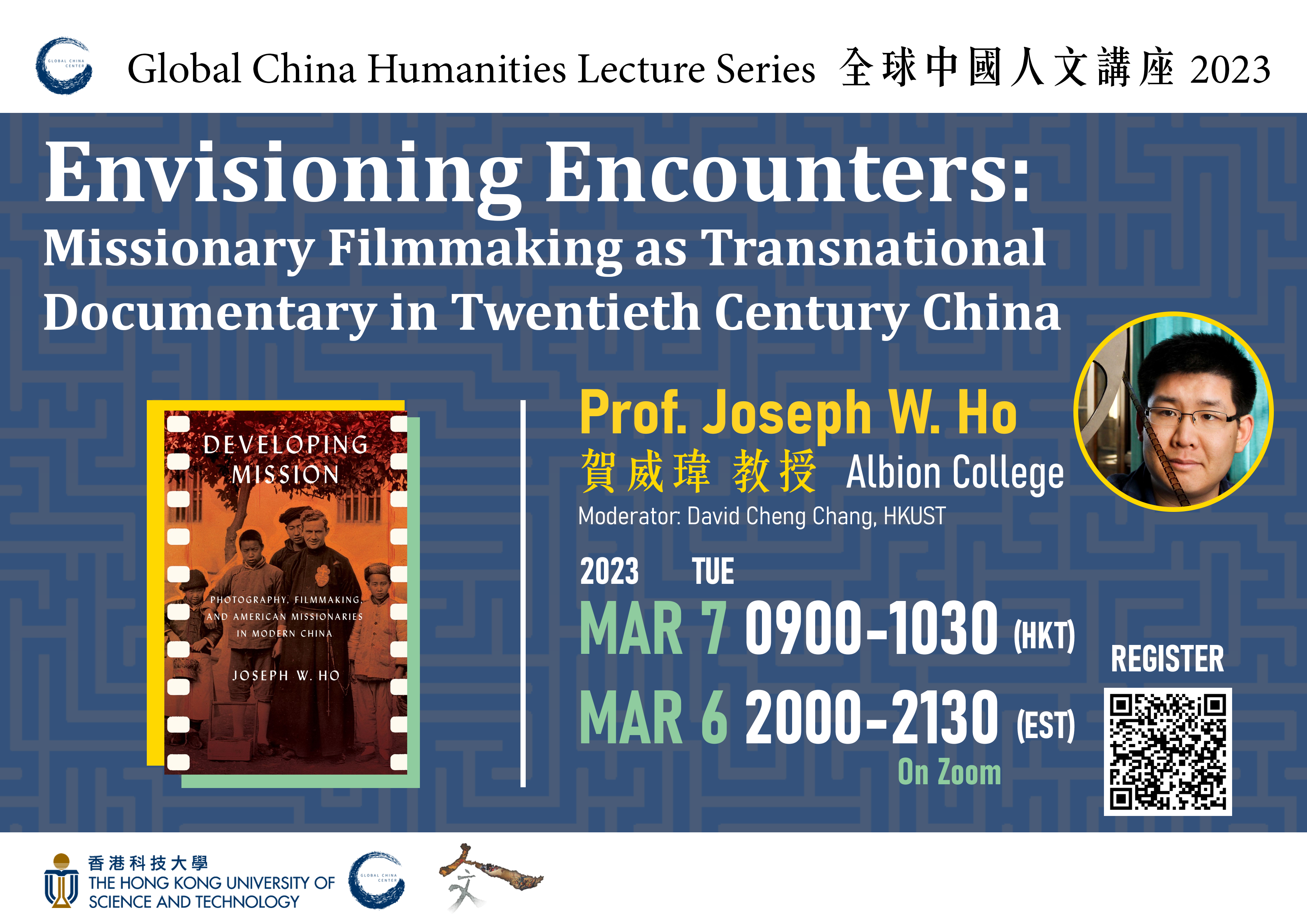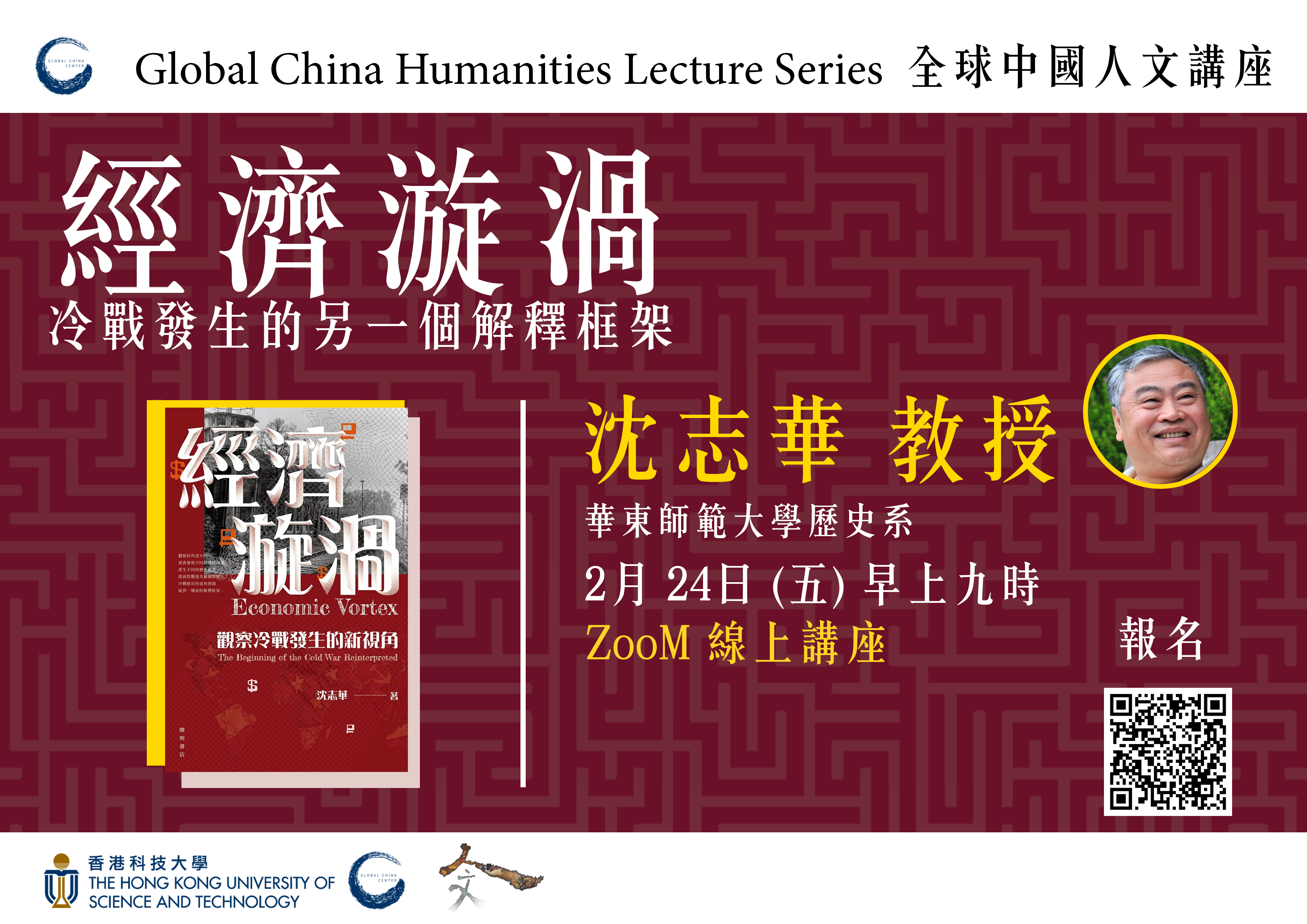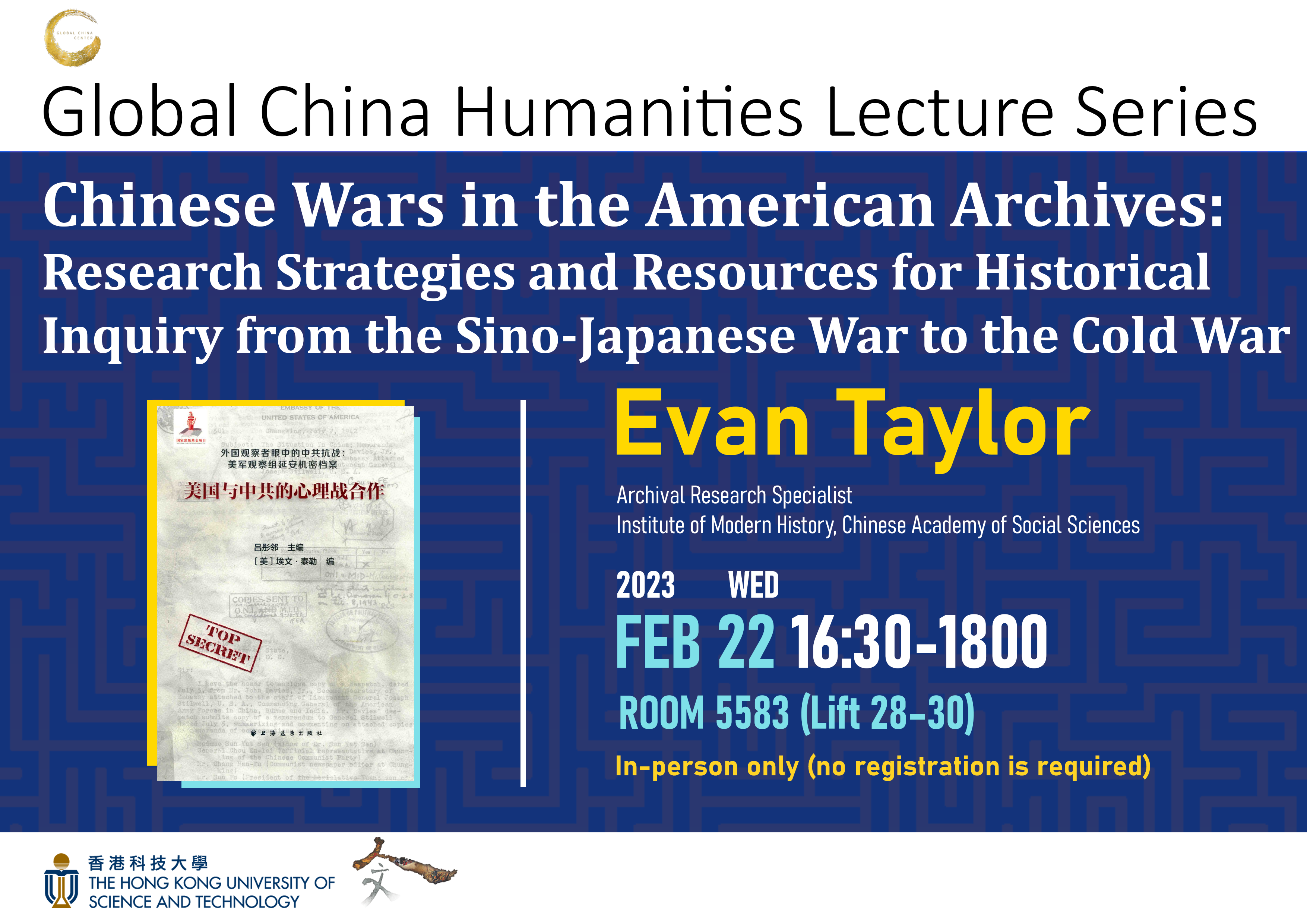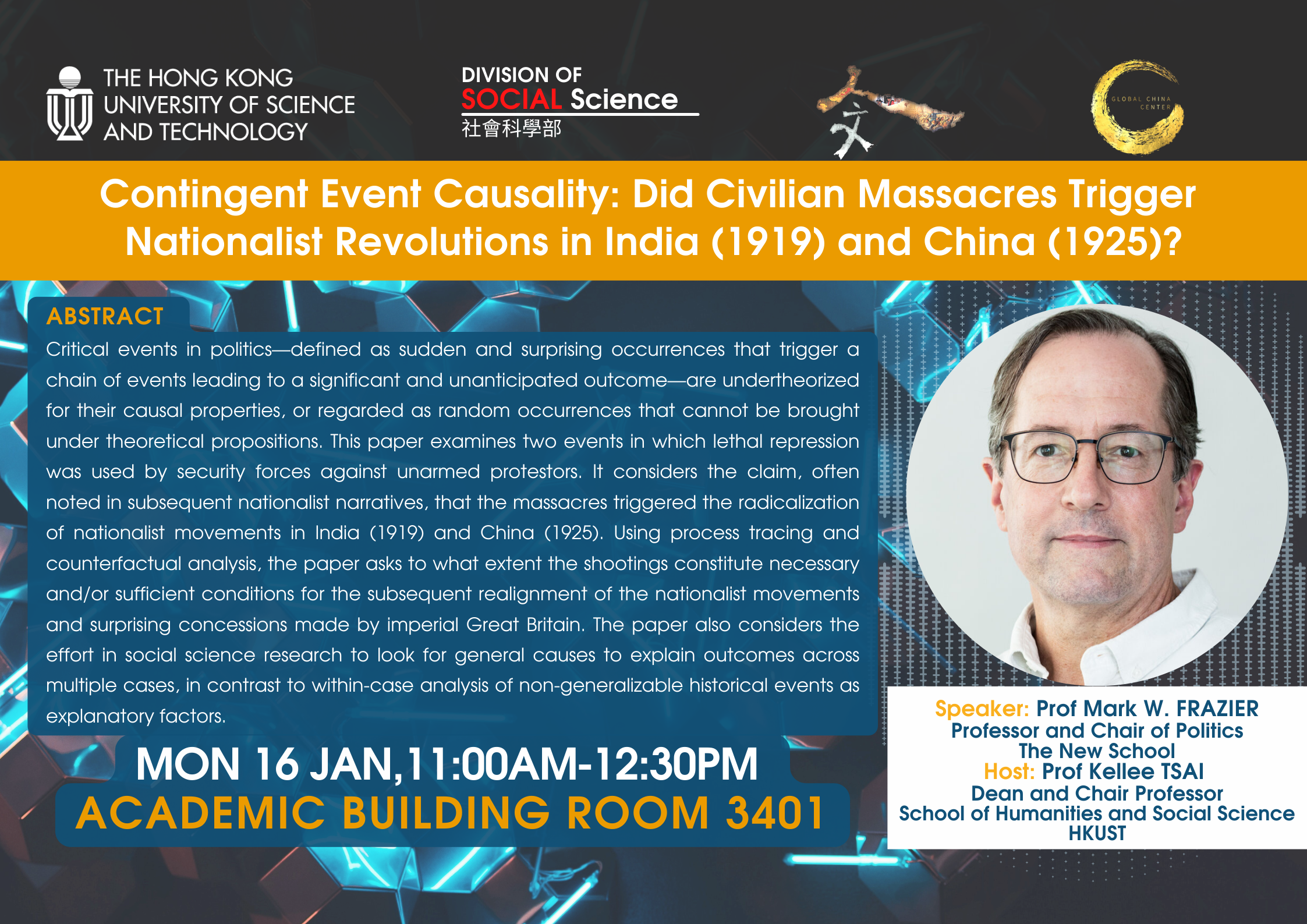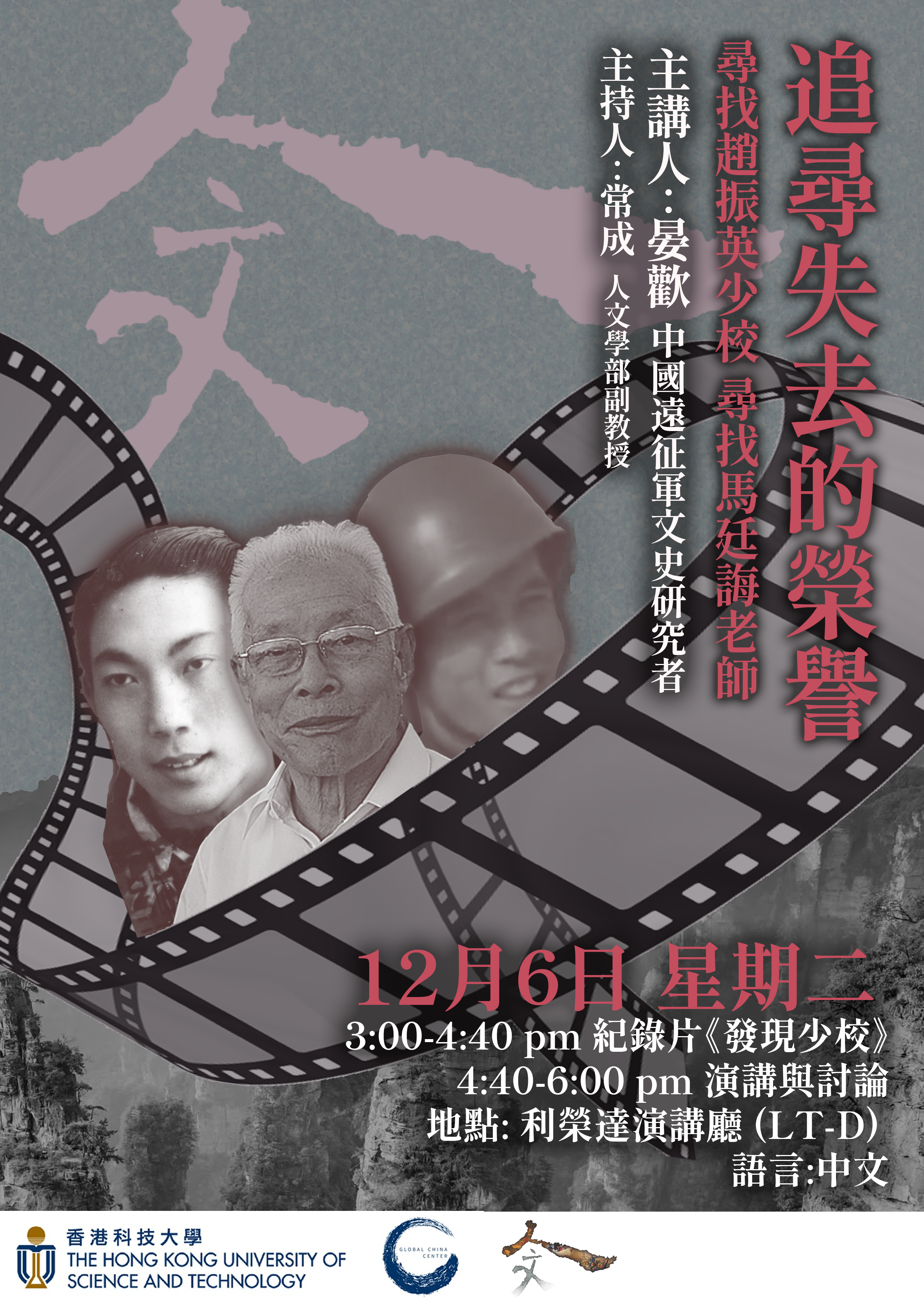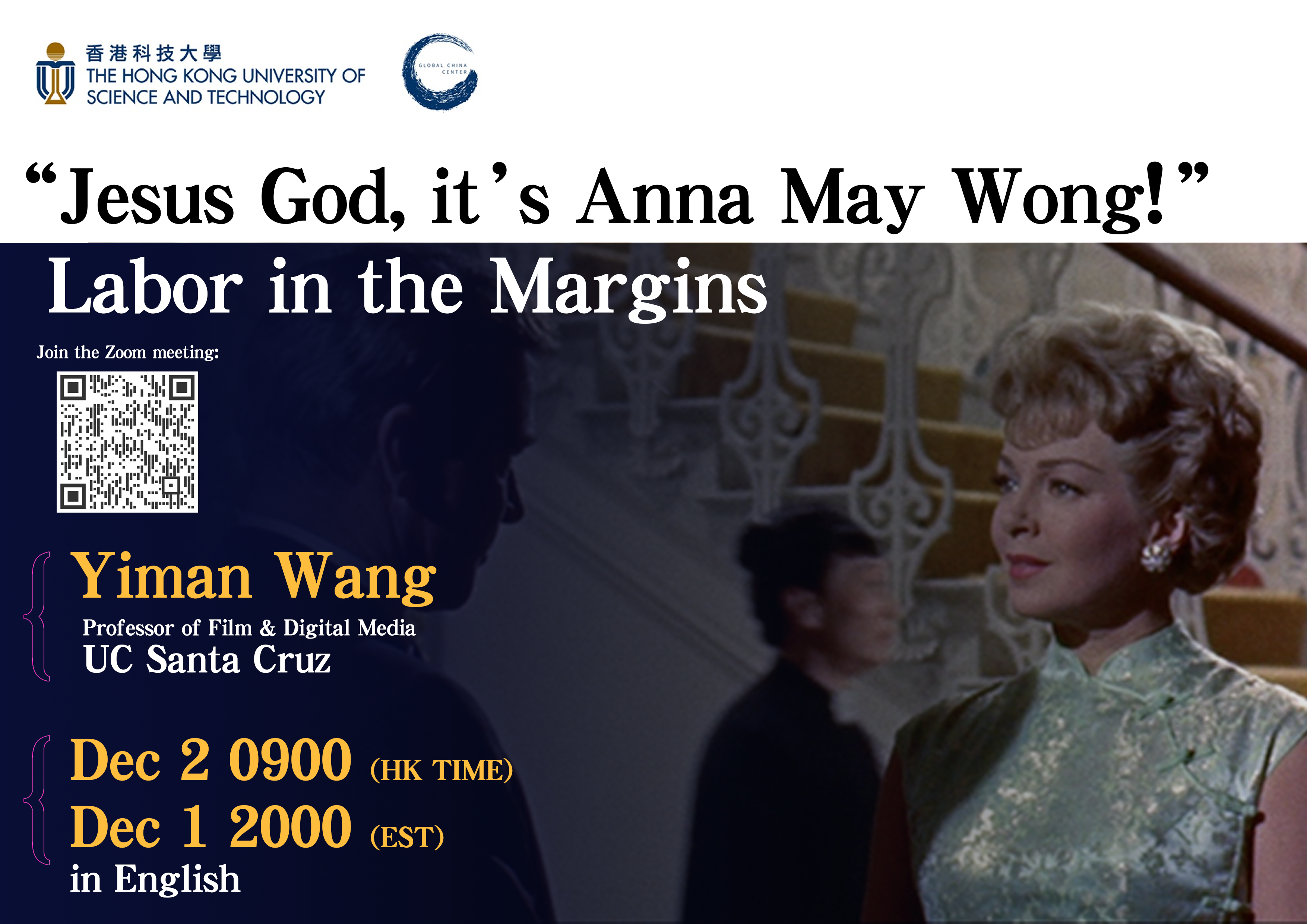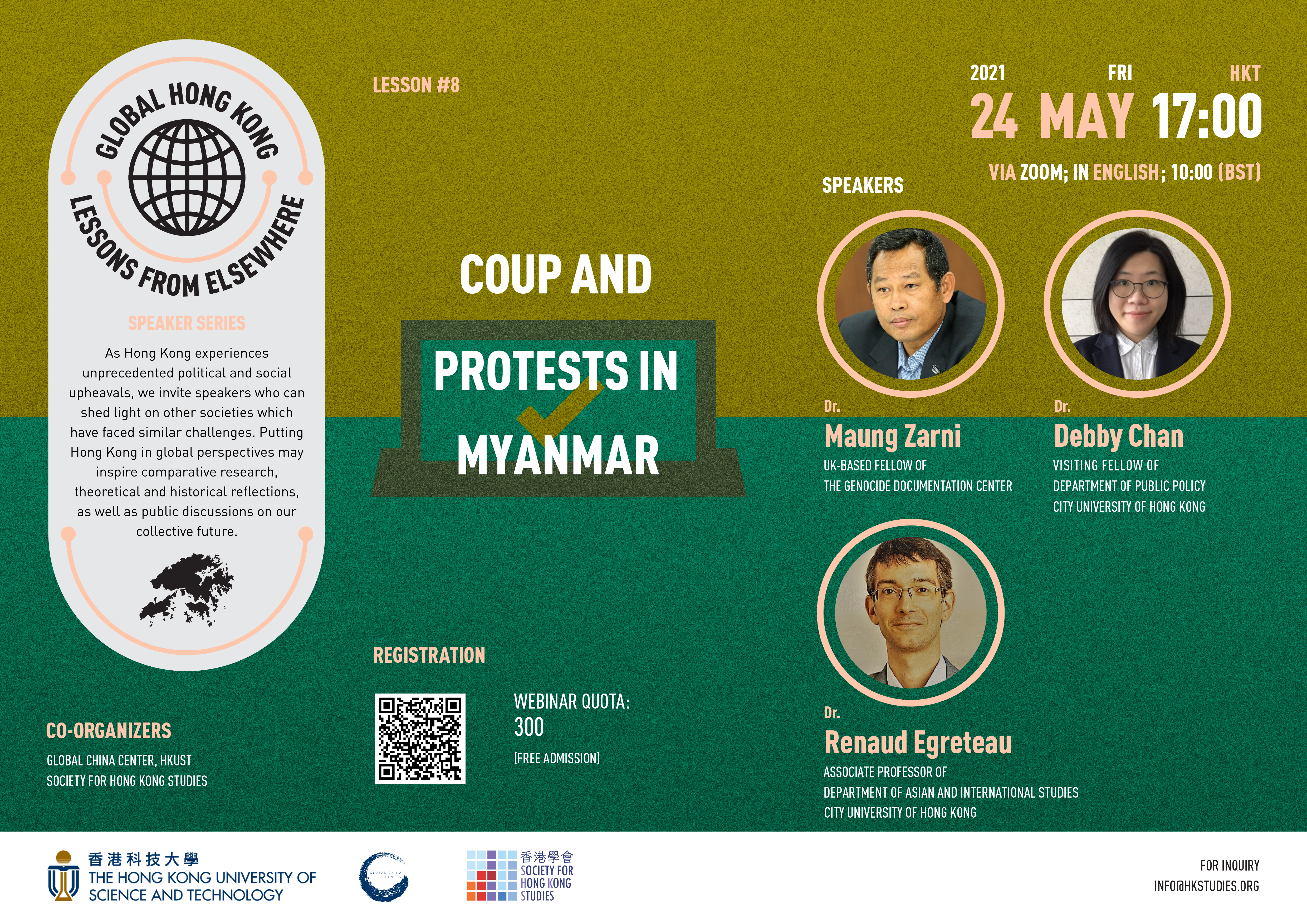A poster for a Chinese high-speed train at the construction site for a bridge over the Mekong River in Laos
Upcoming Events
Past Events
Migration in the Time of Revolution: China, Indonesia, and the Cold War
What happens when geostrategic collaborations between states intersect with ethnic tensions? In response to this question, this talk examines how two of the world’s most populous countries interacted between 1945 and 1967, when the concept of citizenship was contested, political loyalty was in question, national identity was fluid, and the boundaries of political mobilization were blurred. Even though China and Indonesia do not share geographical borders, the existence of 2.5 million ethnic Chinese in Indonesia—many of whom had economic influence but an unclear citizenship status—gave rise to a porous social frontier. Through their everyday social, political and economic practices, “ordinary” Chinese diaspora influenced bilateral diplomacy. Their life experiences were shaped by but also helped shape the trajectory of governmental relations. READ MORE...
The Tormented Alliance: American Servicemen and the Occupation of China, 1941–1949
Zach Fredman’s The Tormented Alliance examines the formation, evolution, and undoing of the alliance between the United States and the Republic of China during World War II and the Chinese Civil War. Drawing on English and Chinese-language sources from all areas of China where US forces deployed during the 1940s, I show how each side brought to the alliance expectations that the other side was simply unable to meet, resulting in a tormented relationship across all levels of Sino-American engagement. Entangled in larger struggles over race, gender, and nation, the U.S. military in China transformed itself into a widely loathed occupation force: an aggressive, resentful, emasculating source of physical danger and compromised sovereignty. After Japan's surrender and the spring 1946 withdrawal of Soviet forces from Manchuria, the U.S. occupation became the chief obstacle to consigning foreign imperialism in China irrevocably to the past. Chinese leader Chiang Kai-shek lost his country in 1949, and the U.S. military presence contributed to his defeat. The occupation of China also cast a long shadow, establishing patterns that have followed the U.S. military elsewhere in Asia up to the present. READ MORE...
蔣經國的台灣時代 (1949-1988)
Lecture Theatre H
2020年2月,美國史丹佛大學胡佛檔案館正式對外界公開蔣經國私人日記,這是繼2006年蔣介石日記開放後,另一件引起全球華人社會與學術界矚目的盛事。1988年1月13日蔣經國在"總統" 任內離世後,三十多年來,其歷史地位與評價仁智互見,也引發不少討論。本次演講以大量中、英文檔案史料為基礎,包括蔣經國日記與各地解密檔案,揭示1949年後蔣經國在台灣的政治活動,本次演講特別著重於他處理涉外關係 (台美、台蘇關係)、台灣內部政治運作與演變、以及兩岸關係三個面向。1949至1988年蔣經國的從政經歷與權力之路,在一定程度上何嘗不是二次戰後國民黨在台灣各方面發展的一個縮影。 READ MORE...
Envisioning Encounters: Missionary Filmmaking as Transnational Documentary in Twentieth Century China
Across the first half of the twentieth century, American Protestant and Catholic missionaries in China produced vernacular films situated between embeddedness in local communities, contested nation-building, and Sino-US interests. Equipment-oriented engagements, influenced by international amateur film culture, drove new ways of seeing and believing. With encounters mediated by mobile film production, missionaries and Chinese Christians saw themselves as collaborators in filmmaking experiences as well as actors linking global religious and secular communities with modern visual imaginations. Behind the lens and on-screen, they helped to shape American religious and cultural influence in China while embodying cross-cultural identities, wartime traumas, and shifting modernities. In the process, missionary films blended iconography, humanitarian perspectives, and documentary impulses with vernacular visualities – ranging from private family images to eyewitness records of military atrocities and regime change. They created a mediatory visual language that transcended national borders and secular-religious divides. Some films escaped their missionary mold and entered transpacific imaginations, coming to be as much about future perceptions as about present realities. In this talk, Prof. Joseph W. Ho traces the odysseys of cameras and footage framed by evolving historical milieus and transnational visions. In doing so, he reconstructs a hitherto unexplored visual fabric – embodied in miles of 16mm film and orphaned filmmaking technologies – that bridged the American missionary enterprise and modern China. READ MORE...
新書講座: 沈志華 — 《經濟漩渦:冷戰發生的另一個解釋框架》
Zoom
從經濟的視角觀察冷戰。過去的研究主要在地緣政治、安全和意識形態問題,可以換一個角度觀察。 安全和經濟兩個車輪,冷戰的發生不在“安全困境”,而在“經漩濟漩渦”。 READ MORE...
Chinese Wars in the American Archives: Research Strategies and Resources for Historical Inquiry from the Sino-Japanese War to the Cold War
Room 5583
In this talk, Evan Taylor will share archival research methods developed over a decade of work for publishing companies, academic databases, and individual scholarship; how to locate relevant document collections, prepare for a visit to an archive or library, maximize your time on location, duplicate material, and organize it for use in the future. He will also discuss a selection of valuable yet little known primary source collections relevant to the Sino-Japanese War and the Cold War of all media types, from documents to photographs, motion pictures, audio, and maps. This will include an introduction to material such as the color films of the CBI theater shot by OSS field teams, the reports of U.S. military personnel stationed in Yan’an, war planning maps produced by both the U.S. 14th Air Force and the Japanese military, the State Department’s 1950s internal investigation files of Foreign Service Officers in China, CIA recordings of Chinese, North Korean, and North Vietnamese international shortwave radio broadcasts, U.S. Army prisoner of war interrogation reports from the Korean War, and more. READ MORE...
Seminar - Contingent Event Causality: Did Civilian Massacres Trigger Nationalist Revolutions in India (1919) and China (1925)?
Room 3401 (Lift 2 or Lifts 17-18), 3/F Academic Building
Critical events in politics—defined as sudden and surprising occurrences that trigger a chain of events leading to a significant and unanticipated outcome—are undertheorized for their causal properties, or regarded as random occurrences that cannot be brought under theoretical propositions. This paper examines two events in which lethal repression was used by security forces against unarmed protestors. It considers the claim, often noted in subsequent nationalist narratives, that the massacres triggered the radicalization of nationalist movements in India (1919) and China (1925). Using process tracing and counterfactual analysis, the paper asks to what extent the shootings constitute necessary and/or sufficient conditions for the subsequent realignment of the nationalist movements and surprising concessions made by imperial Great Britain. The paper also considers the effort in social science research to look for general causes to explain outcomes across multiple cases, in contrast to within-case analysis of non-generalizable historical events as explanatory factors READ MORE...
追尋失去的榮譽: 尋找趙振英少校、尋找馬廷誨老師
利榮達演講廳 (LT-D)
1945年9月9日,中國戰區受降儀式在南京舉行,年輕的新六軍少校趙振英在場負責警戒。現場紀錄影像隨後塵封於美國國家檔案館,而趙振英歷盡坎坷,默默無聞地生活在盧溝橋畔。數十年後,抗日將領後代、建築師晏歡受一個紀錄片鏡頭的啓發,從援華美軍家中珍藏的一幅合影和一個小紅日記本開始,追尋數年,終於找到趙振英,與專業團隊合作創作出紀錄片《發現少校》。沉寂半個世紀的趙振英成爲兩岸知名的抗戰老兵,追回失去的榮譽。 READ MORE...
“Jesus God, it’s Anna May Wong!”: Labor in the Margins
to
Zoom
Anna May Wong (1905-1961), the first famous yet marginalized early 20th-c. Chinese American screen-stage-TV performer, is finally getting overdue nationwide recognition in the US, with her image ingrained and memorialized in the newly minted quarter coin issued in 2022 as part of the American Women Quarters Program. Yet, how to grapple with her legacy remains a thorny question. The difficulty has to do with two factors. One: most of her roles were inglorious race-gender stereotypes churned out by the exclusionary and prejudiced Hollywood “dream factory.” Two: not quite a star, Wong spent the majority of her life hustling and playing minor roles, supporting the white female star. Despite her newly minted nationwide recognition, her life-career could hardly be upcycled into a testimony of the “American dream.” So, what exactly is Wong’s legacy, aside from her iconic significance as the first famous Chinese American performer? My presentation takes seriously the fact that the bulk of her career was built upon playing small roles in films and TV shows. Departing from star studies that spotlights the star glamour and the star’s center position on the screen, I refocus on Wong’s leverage of the margins and the background of screen. Shining light on her flitting yet remarkable appearances as a supporting performer, I argue that her unglamorous and belabored performances not only call attention to entertainment industry’s racializing and hierarchizing apparatus, but also reveal how the center stage is both constructed and deconstructed by the peripheries she occupies. In other words, far from a mere victim of the exclusionary entertainment industry, Wong, along with other racialized performers, worked from the margins to challenge white stardom and white heteropatriarchy. READ MORE...
Coup and Protests in Myanmar
Zoom
by Dr. Renaud EGRETEAU (CityU of HK) , Dr. Maung Zarni and Dr CHAN, Sze Wan Debby(CityU of HK) on 24th May 2021 (Mon) 17:00 (HK), 10:00 (UK) READ MORE...

